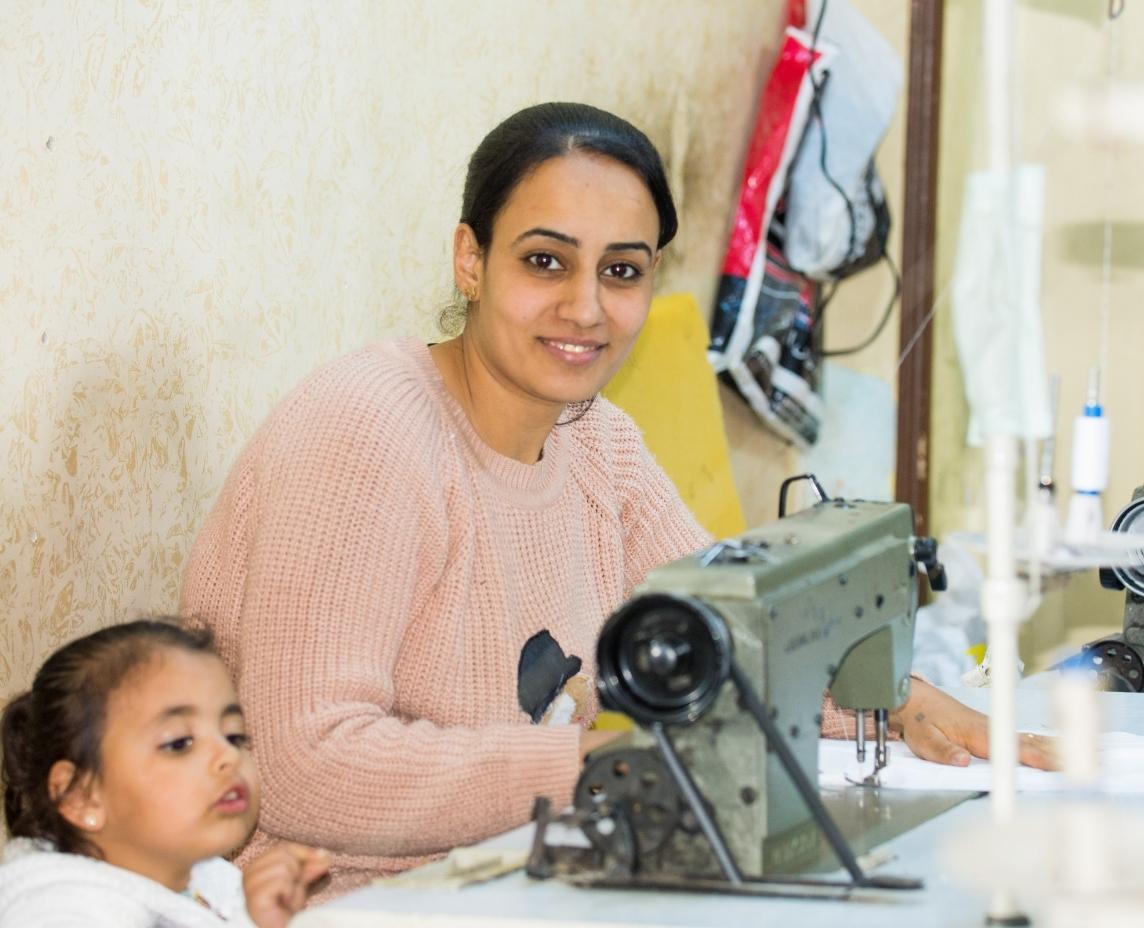The Upper Egypt region has one of the highest poverty rates in the entire country.
Despite advances in recent years, this reality particularly affects women, who see how existing gender inequality reduces their employment and income opportunities, which is directly linked to their presence in public life.
For this reason, the project aims to promote the economic autonomy of women and provide them with sufficient professional and social skills to favor job search options, including self-employment and entrepreneurship, and their participation in decision-making spaces, in Menya , Assiut, Sohag, Qena and Luxor; regions also exposed to significant challenges by COVID-19.
These livelihood options that will contribute to the social and economic inclusion of women, will have a reflection on the vulnerable population of other governorates, through a microenterprise program based on the results of another Foundation project in the country.
This project opens up new job options, until now mainly supported by the tourism sector, linked to tailoring. Along with this, the development of specific skills to start or scale small businesses and the integration of the rights approach through specific training will help maximize the impact of women’s leadership sought.
In addition, the creation of a network of young women entrepreneurs is contemplated, which includes the creation of a plan for capacity development and a governance system. The coordination of this initiative with the National Women’s Council will offer women opportunities to participate in public life and decision-making.
The project, based on previous successful experiences, also offers a model that is easily scalable and adapted to the cultural characteristics and traditions of the population, not being invasive, but at the same time proposing mechanisms aimed at achieving lasting changes over time, such as the integration of boys and girls in awareness-raising activities around gender rights, civic education and leadership, strengthening social skills and knowledge about their rights to the adult population of tomorrow.





